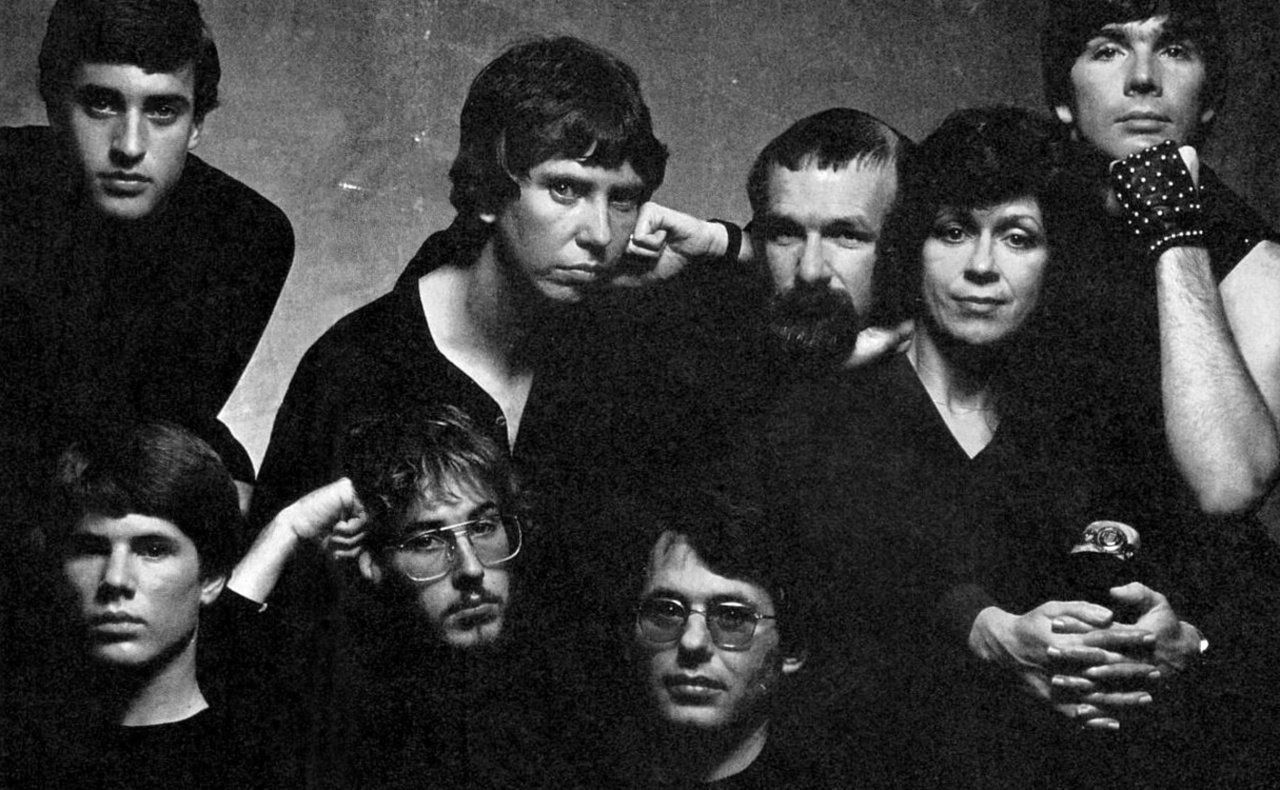
Founded in 1982 by Trip Hawkins, Electronic Arts (EA) embarked on a unique journey within the gaming industry with a vision that celebrated game developers as key creatives, akin to artists in any traditional sense. The company built its reputation on recognizing and foregrounding the individuals behind the video games, diverging from the industry norm which focused solely on the games themselves. Notable developers such as Bill Budge, Danielle Bunten Berry, and Mike Abbott were prominently featured in EA's advertising, an innovative move that highlighted the human talent behind digital entertainment.
However, in the years following Hawkins' departure in 1991 to establish The 3DO Company, EA's ethos has notably pivoted. Growing to become one of the largest video game publishers globally, EA's portfolio now includes heavyweight titles like Madden, EA Sports FC/FIFA, and Battlefield. The focus gradually shifted from celebrating individual artists to emphasizing expansive, commercially successful brands.
In a significant development, EA's recent emphasis on integrating artificial intelligence (AI) into its operations marks another seismic shift in its corporate direction. At the Investor Day 2024 presentation, AI was the predominant theme. Andrew Wilson, CEO of EA, heralded over 100 AI-driven projects within the company, noting the technology's role in enhancing "quality" and "reducing friction points" in game development. Demonstrations included AI's capabilities in generating 3D characters from photographs and conceptualizing game creation by users through AI tools.
This new strategy has not been without controversy. Critics argue that the heavy investment in AI risks simplifying the game development process to a point where human creativity and jobs are significantly undervalued, if not rendered obsolete. The industry itself has been skeptical about entirely AI-generated video games, questioning whether they can deliver the same depth, creativity, and entertainment value as those crafted by human beings.
Moreover, the broader implications for employment in the gaming industry are stark. With over 20,000 jobs lost over the past two years, there is a legitimate concern that AI could exacerbate this trend by replacing humans in creative capacities such as design, art, and music composition. While EA promotes AI as a tool to aid developers, the overarching fear is that it will replace them.
This technological embrace comes at a time when the gaming industry's economic model is also under scrutiny. By potentially lowering the barriers to game production through AI, the market could become saturated with a higher volume of games, which does not necessarily equate to higher sales or revenue. Despite repeated sales of established franchises, the quality and innovative content traditionally driven by human creativity remain critical to consumer satisfaction and industry success.
EA's transition from a company that placed developers at the forefront of its brand identity to one that could potentially phase them out paints a picture of a broader shift in the industry. The initial philosophy of treating developers as celebrated artists is increasingly being overshadowed by a push towards more automated, efficient production processes.
The potential of AI in game development is immense, but it also poses significant challenges and questions about the future role of human creativity in an industry built on its back. As AI continues to evolve, finding a balance that leverages its capabilities while preserving and enhancing the creative roles that define the gaming industry will be essential. Whether EA can navigate this balance without losing the essence of what originally made it a beloved staple in the gaming community remains to be seen.
You must be logged in to post a comment!